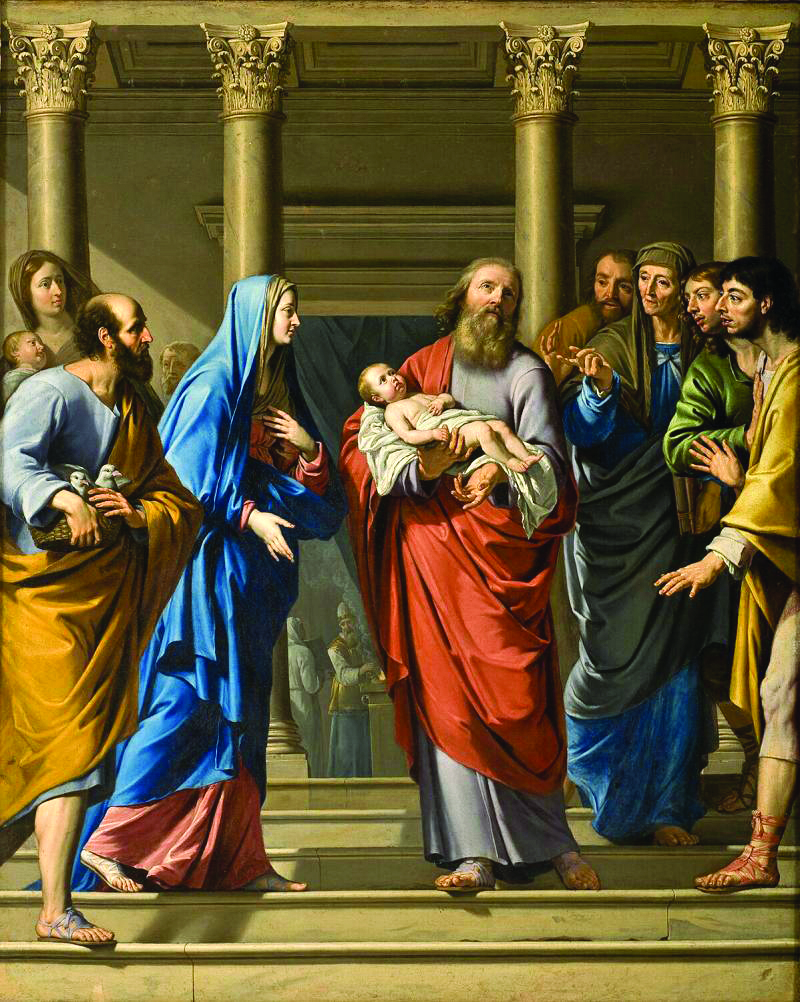Posted on January 31, 2024 View all news
Easter comes very early this year, on March 31. This, however, is not the earliest that Easter can be. The earliest is March 22. How the date for Easter is calculated has been used since 325, when the first Ecumenical Council, Nicea I, fixed the formula for the date of Easter. The Council determined that the date of Easter will always be a Sunday, and it is the first Sunday following the first full moon on or after the Spring Equinox. Though astronomically this can be somewhere between March 19 and 21, the Church uses March 21 as the fixed date for the Spring Equinox. Following this, the next full moon is March 25 (the Feast of the Annunciation, though transferred this year to April 8 due to Holy Week). This means the following Sunday, March 31, is the date of Easter. The last time Easter was on March 22 was in 1818, and the next time it will be on that date is in 2285. It does not seem we will be here to see it occur that early again.
While a topic for another time, the date of Easter between Catholics and the Eastern Orthodox is often different, though not always. This year, it is over a month apart. Generally, the difference is a week. This is not because we follow a different manner in calculating the date, as we both use the formula as determined by the First Council of Nicea, but rather because we use the Gregorian calendar, and at least for determining the date of Easter the Orthodox use the Julian calendar. The two calendars are roughly two weeks off due to a miscalculation by Julius Ceaser, who developed the calendar. They had too many leap days, which continues to put the Julian calendar behind the Gregorian calendar. For example, I am writing this column on January 22, but on the Julian calendar, this date is actually January 9.
So as we prepare to celebrate the Lord’s Resurrection on March 31, know that Ash Wednesday is February 14. This is a day of both fast and abstinence. You can find the current law regarding fasting and abstinence within this newsletter. It was customary to fast each day of Lent, barring a major feast day occurring, and it is something I would encourage everyone to practice if you can. The Church proposes laws and disciplines to us not as a minimum but in the hope that each of us does the minimum and then more. So think over these next few days and weeks about what you will do to prepare yourselves to celebrate the Feast of Feasts and Solemnity of Solemnities. Previous discipline for preparation was much harder, and in the East was and remains much more difficult. The Church has relaxed these laws in the hopes that we will all freely choose to be disciplined and prepare well to celebrate one of the central mysteries of our Faith.
I pray you all have a blessed month ahead!

